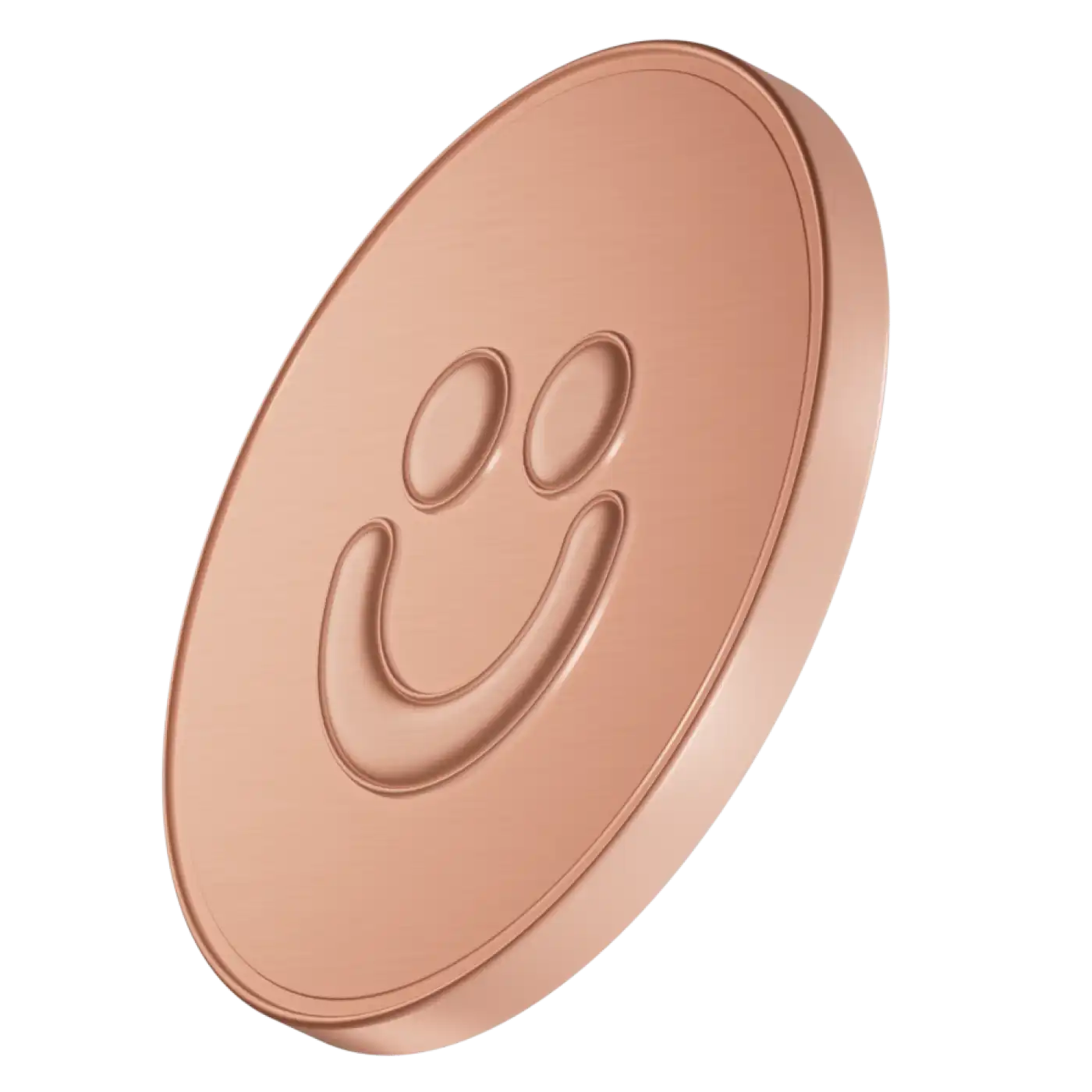If you’re one of the roughly one-third of Canadians who own their home with no mortgage attached (or even those who have substantial equity but some outstanding debt), then you, friend, are going to have some options. Good ones. Chances are you’re sitting on a sizable gain and a significant asset. That’s the good news. The bad news is it might be hard to unlock some of that capital while keeping a roof over your head. Hard, but not impossible, if you go with one of the following strategies.
Option 1: downsize
This can be a useful strategy whether you own your home or not, as downsizing to something smaller, or to a cheaper location, can bring your monthly expenses down by quite a bit. For owners, it can also mean lower property taxes and freeing up some cash to pay for your ongoing retirement expenses.
One caveat: if you are going to take this approach, make sure it’s worth it. A slightly smaller home or a slightly less expensive one isn’t going to help you much. That’s because you can assume you’ll eat about 5-10% of your current home’s value in fees just by selling — a fact many people forget to take into consideration.
Option 2: rent instead
After years of owning your home free-and-clear, it may seem extreme to pay thousands of dollars a month to rent a different one, but there can be multiple benefits to this approach. For one thing, your assets suddenly get a lot more liquid. You can invest your money in a more diversified portfolio, helping them grow in your remaining years. Plus, now when you want to go on a cruise (or just have an easier time buying groceries each month), you have the cash to do it. You no longer have to worry about expensive repairs, either. That’s the landlord’s problem now.
Option 3: get a reverse mortgage
Reverse mortgages have become an increasingly popular option for seniors, but they are not without their drawbacks. The details will depend on your scenario, but essentially, if you have equity in your home, you can monetize that by selling a share of your home equity to a lender in exchange for a cash payout.
The number to remember here is 55, because you have to be 55 years old to get a reverse mortgage, and you generally can’t get access to more than 55% of your home’s value. But with a paid-off home worth about $1 million, it’s entirely plausible for an owner in their 60s to get a half a million dollars in cash, either as a lump sum or doled out in periodic instalments.
Much like a regular mortgage, there’s an interest rate attached, and rates are generally a couple percentage points higher than conventional mortgages. But as long as you stay in the home and stay up to date on utility bills, property tax, and insurance, the lender won’t demand their money back — which means you won’t be forced to sell until you choose to. If the value of your home increases, you keep those gains as well.
In terms of the downsides, there are two major ones to consider: you’ll pay closing fees, just like you would with any other mortgage. And you are now accruing debt on something you used to own outright, which can mean a smaller estate to leave behind.




